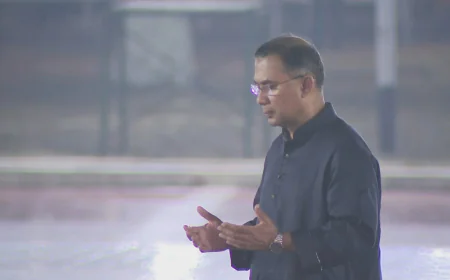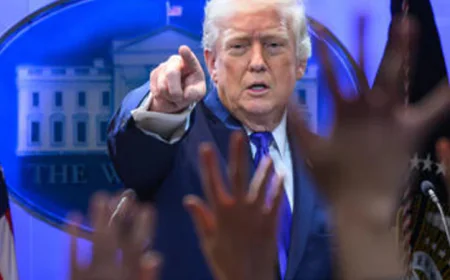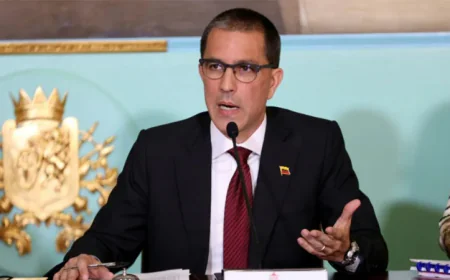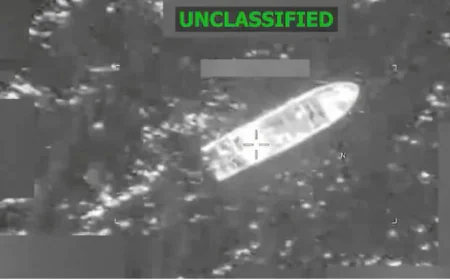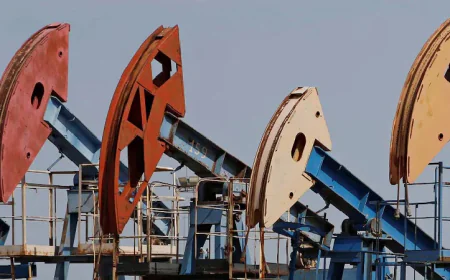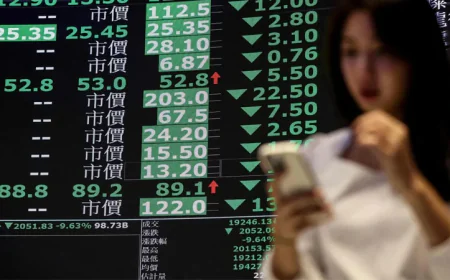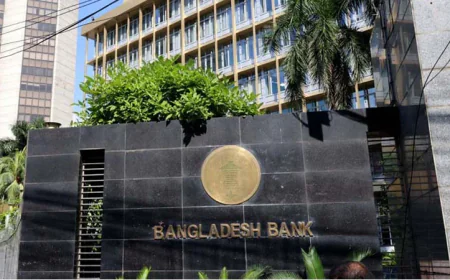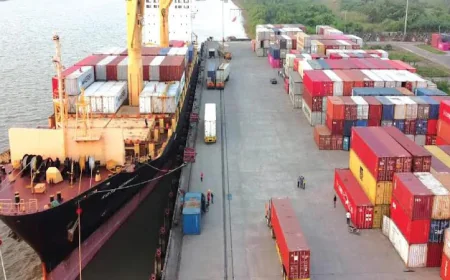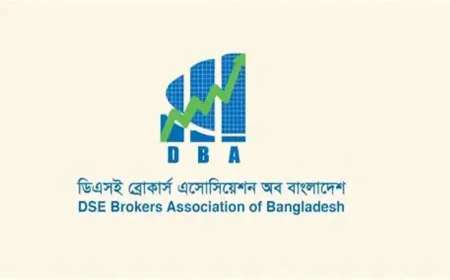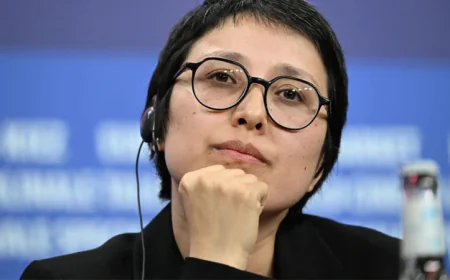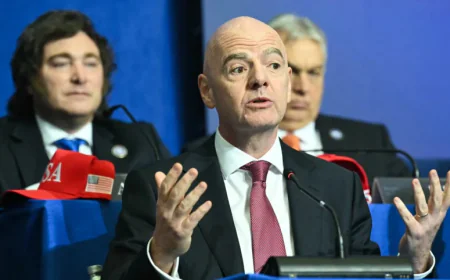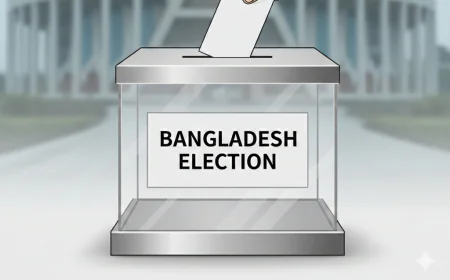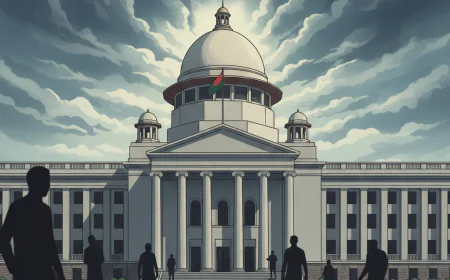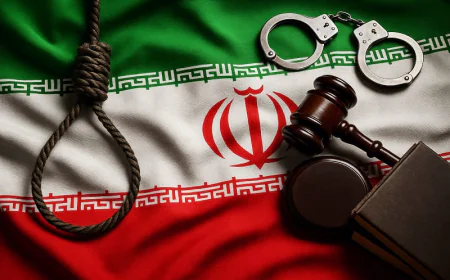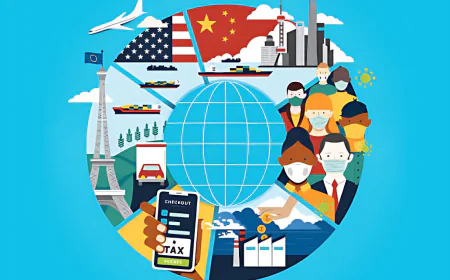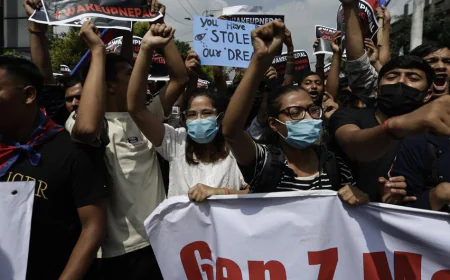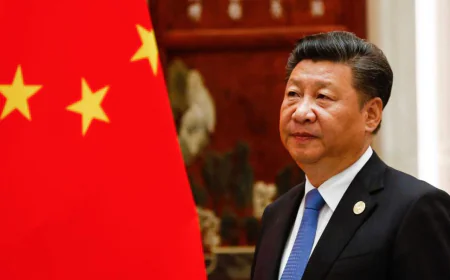The World in 2025: Searching for Stability in a Storm of Crisis
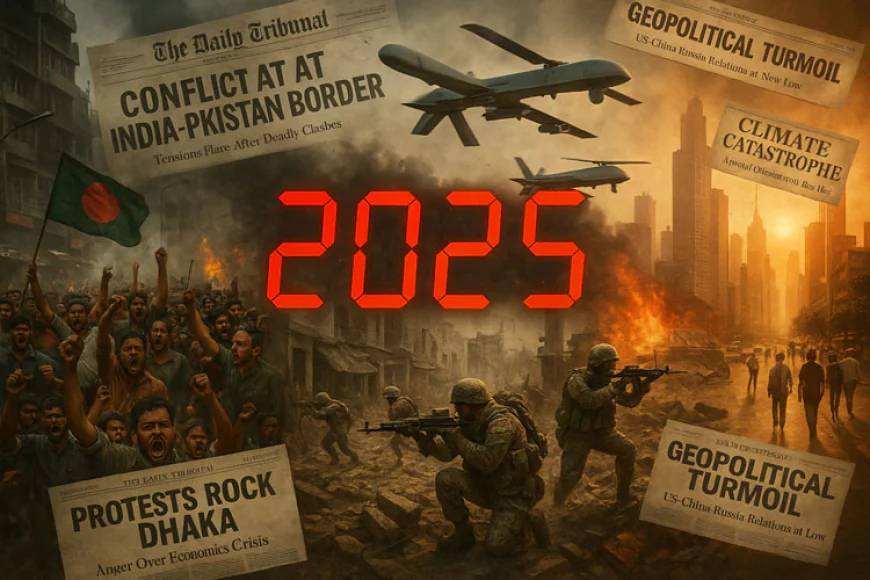
The year 2025 has dawned upon a world caught in a state of persistent flux. It is not merely another page in the calendar but a pivotal chapter in human history that bears the weight of multiple crises—each demanding urgent attention and responsible global stewardship. The confluence of economic volatility, geopolitical brinkmanship, environmental degradation, and technological disruption has shaken the foundations of international systems that were once considered robust, even invincible. Amidst this storm, humanity is engaged in a complex struggle to preserve not only stability but also the very essence of civilization and shared human values.
At the heart of global economic upheaval stands the United States. With Donald Trump’s re-election to the presidency, the U.S. has embarked on a renewed trajectory of economic nationalism. His administration's sweeping tariffs, particularly the 145% levy on Chinese imports, have effectively severed decades of supply chain integration. The resulting shock has disrupted the flow of essential goods, destabilized international commerce, and strained diplomatic relationships across Asia, Europe, and the Americas. The doctrine of “America First, Always” has transformed from campaign rhetoric to an assertive policy framework that isolates allies, challenges WTO norms, and polarizes global markets.
Major U.S. corporations, previously reliant on overseas manufacturing, are scrambling to restructure. Industries that depended on affordable imports—consumer electronics, pharmaceuticals, automotive components—are now grappling with inventory shortages and price hikes. Consumers, in turn, are confronting inflationary pressure unseen since the 1980s. While the White House defends these measures as steps toward economic sovereignty, critics argue they represent short-term populism at the cost of long-term stability.
Dr. Kelly Berner of the International Monetary Fund stated, “Trade is not just about goods crossing borders; it’s about trust, predictability, and the rules of engagement. The current U.S. policy trajectory is diminishing the credibility of multilateralism and emboldening unilateral responses.”
China, viewing these tariffs as a direct threat to its growth ambitions, has responded with a sophisticated counteroffensive. Beijing has not only imposed retaliatory tariffs but also accelerated its Belt and Road Initiative with renewed vigor, forging economic alliances with Middle Eastern, African, and Latin American nations. The Sino-Russian axis, fortified through coordinated energy and defense agreements, is emerging as a counterweight to U.S.-led coalitions. While these partnerships promise mutual benefit, they also reflect a deepening division in the global order—a fragmentation that complicates consensus on issues ranging from arms control to climate finance.
South Asia, long a crucible of historical tension, finds itself on the brink of war following the Pahalgam terror attack that killed 47 Indian soldiers. India’s Prime Minister Narendra Modi, invoking a doctrine of zero tolerance, has accused Islamabad of harboring extremist networks. The Indian military has mobilized along the Line of Control, and Pakistan’s response—suspending Indian overflights and invoking international legal forums—has set the stage for a diplomatic deadlock. The temporary suspension of the Indus Waters Treaty has introduced an alarming variable: water as a weapon of war in an already arid region.
Professor Tan Chi Lim from the Institute of South Asian Geopolitical Studies in Singapore noted, “The danger is not just miscalculation but mutual political entrenchment. Both governments face domestic audiences hungry for strength, not conciliation. That makes backchannel diplomacy all the more critical—but unfortunately, less likely.”
In Europe, the security consensus forged in the post-Cold War era is eroding. The United States’ controversial peace proposal for Ukraine—granting Russia legitimacy over Crimea and demanding Ukraine’s exit from NATO aspirations—has caused rifts within the transatlantic alliance. While Washington claims its aim is conflict de-escalation, critics see it as capitulation. Ukraine has flatly rejected the plan, branding it a betrayal of democratic ideals.
German Foreign Minister Anna Clarke has taken an uncompromising stance, stating, “This is not diplomacy—it is acquiescence. Europe cannot permit the normalization of land-grabs through military aggression.” In the Donbas region, fighting has intensified. NATO has increased surveillance flights while Poland and the Baltic states are bolstering their own defenses, fearing a precedent that could embolden Russian advances elsewhere.
Simultaneously, the environmental situation continues to spiral toward catastrophe. Global average temperatures have surpassed 1.7 degrees Celsius above pre-industrial levels. Entire cities in South Asia and the Middle East are reporting weeks-long heatwaves with temperatures crossing 50°C, pushing healthcare systems to their limits. Coral bleaching across the Pacific and Indian Oceans has reached levels once predicted only for the 2030s. The ecological collapse of coral reefs jeopardizes food chains, fish stocks, and the coastal economies of dozens of developing nations.
Dr. Lucia Fernandez of the UN Environment Programme issued a grave warning: “We’re running out of buffer zones—both ecological and political. Nature is signaling red alert, but international responses remain fragmented, underfunded, and politically diluted.”
While nature suffers, humanity’s technological ambitions soar. In a development that would have been pure science fiction a decade ago, autonomous drones are now being deployed in combat without human intervention. The United Kingdom’s recent use of AI-powered drones in Ukraine has ignited a firestorm of ethical debate. These machines, driven by neural networks and real-time data parsing, are making independent targeting decisions—raising concerns about accountability, civilian safety, and future warfare paradigms.
Similarly, the biotech sector is advancing at a breakneck pace, prompting debates about bioethics and human enhancement. Genetically engineered cognitive enhancers and body modifications are being sold in gray markets, as regulators scramble to catch up. The World Health Organization has flagged these trends as potentially destabilizing, warning of a future where inequality is not only economic but biological.
Taken together, the crises of 2025 do not exist in isolation. They are deeply interconnected, each exacerbating the other. Economic protectionism fuels geopolitical friction; conflict diverts resources from climate action; technological advancements outpace legal frameworks. The global system—once envisioned as a web of cooperation and shared progress—is straining under the weight of division and distrust.
In editorial reflection, one must ask: Are we, as a global society, prepared to confront the cumulative consequences of our choices? Will the world’s leaders choose diplomacy over dominance, sustainability over short-term gain, and unity over unilateralism? Or will inertia, ideology, and nationalism blind us to the lessons of history?
2025 may well be remembered as a defining year—not only for the crises that erupted, but for the decisions that followed. In this moment of collective peril, there remains one fragile but profound hope: that from this chaos, a new global ethic might emerge—one rooted in empathy, resilience, and the recognition that no nation, no people, and no technology can secure the future alone.


